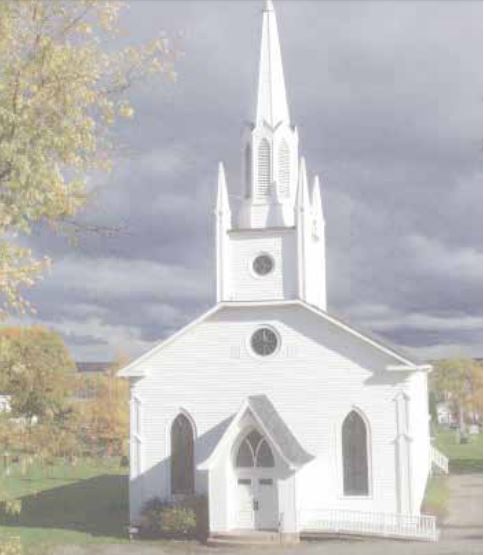[ad_1]
By Kevin Daniels, Special to the AFRO
Recently, the Minister’s Conference of Baltimore and Vicinity (MCBV), organized over 111 years ago with more than 100 member churches across 14 districts in the city, launched a major initiative during a press conference with Mayor Bernard “Jack” Young, major partners and key stakeholders, “…And the Church Shall Lead Community Economic Development Initiative.” The focus of the initiative is “to resurrect the city.”
Historically, the church has been at the forefront of advocacy for social justice and positive change. When we saw what was happening to the city during and after the Freddie Gray Uprising, we decided to lead by responding and not reacting. In doing so, the MCBV has been working for well over two years with our partners to take a long hard look at what was happening to our city.

We met with communities from Park Heights to Poppleton, and Moravia to Maryland Avenue along with working partners such as our HBCUs, the Greater Baltimore Chamber of Commerce, the Governor’s Social Determinant Task Force and many more.
While listening to the people, with the support of our Mayor availing city services and resources to support the planning process and implementation; we have not only been able to properly analyze what has been happening, but develop a plan to address the issues, specifically violence and hopelessness. We have set goals, objective and strategies around four primary areas: public safety, workforce and economic development, health and education.
In order to accomplish this, the primary goal of our plan is to have communities be the central point of turning the city around by implementing faith-based economic development hubs and business districts located within those communities.
The plan will serve as a roadmap or blueprint to coalesce all, not only the clergy, and communities, but all who want to come to the table and partner with us to join the work of resurrecting the communities across Baltimore. Many of the churches have already begun to serve as hubs during the recent consent decree grant process in the nine police districts throughout Baltimore City, along with the historic Morgan State University Police and Community Engagement Project (PACE).
Again, these hubs will and have served to ensure that the community is an integral part of the current transformative work being done to recreate Baltimore in the areas of workforce development, small business development, and safe and healthy community living. Through the collaboration and co-location of city and other relevant services we can create affordable housing and educational opportunities for current and prospective residents.
Additionally, because of our partnerships with respective communities, investors, and other religious organizations and coalitions with the Mayor’s support, we know that the plan will have the desired outcomes we seek to attain and serve as a model to aid other urban communities that are going through what Baltimore is currently experiencing to find their way to a better day as well. Together, we will continue to bring the “Charm” to Baltimore City again.
[ad_2]
Source link

